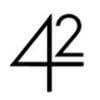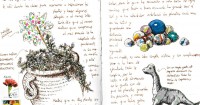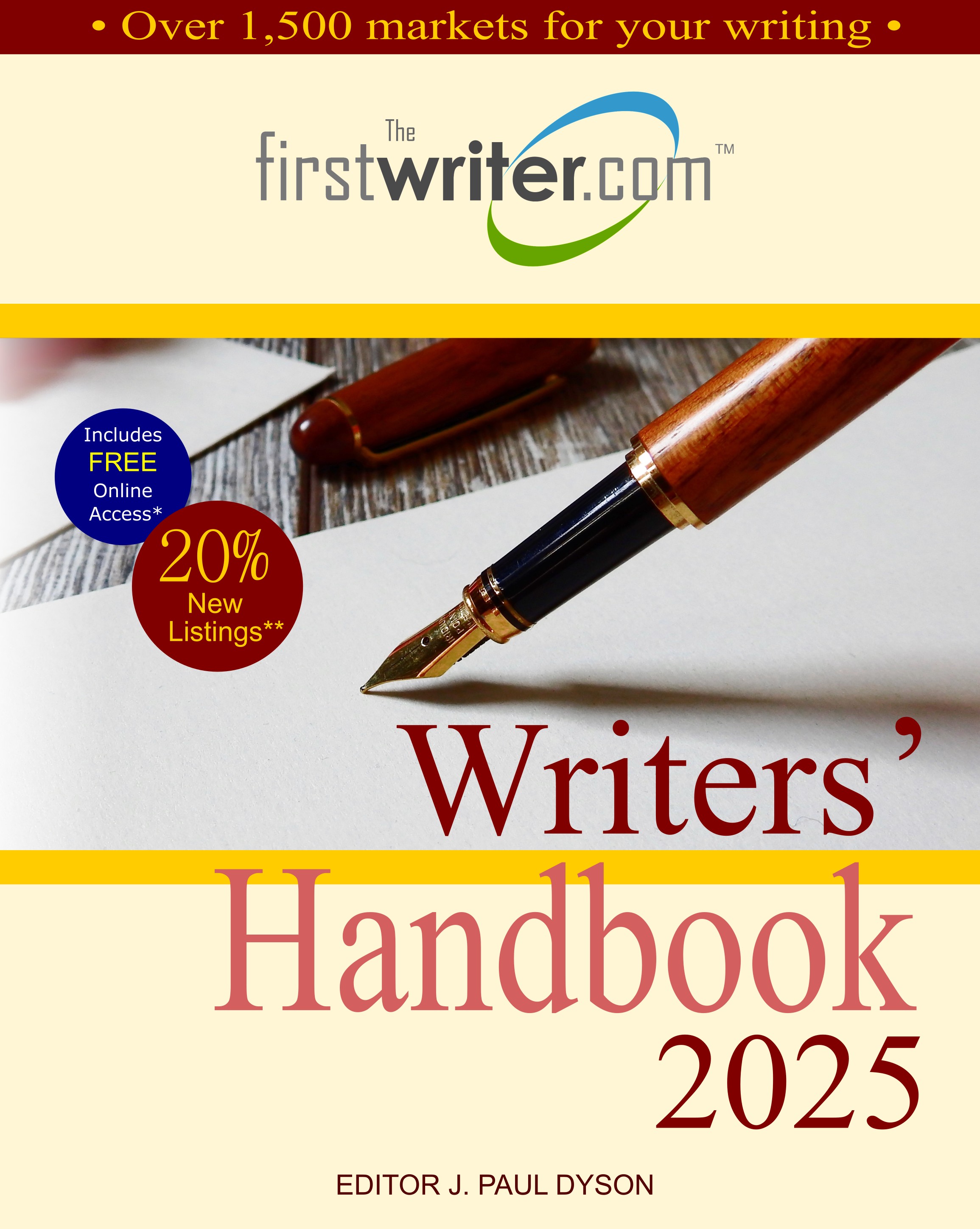
Writers' Newsletter
Issue #205
April 2020
|
Is Your Covid-19 Novel Going to Be THE One?

By G. Miki Hayden
Instructor at Writer's Digest University online and private writing coach
firstwriter.com – Sunday March 29, 2020
“I have no idea what's awaiting me, or what will happen when this all ends. For the moment I know this: there are sick people and they need curing.”― Albert Camus, The Plague
One of the best-known and most well-respected written works in the world is Camus’ novel The Plague. Although the story reads as if Camus personally went through a pestilence, he actually had “only” researched the many plagues that had come before to write his book.
I’ve been laboring away per usual, editing this and that and giving student feedback—and one impression struck me hard: We’re all quite immersed in the pandemic of our times, too engrossed perhaps to pay attention to anything else in the literary arena.
But that’s not true entirely, because we become so overwhelmed by all the statistics of the sick and the dead and the rumors about what’s coming next that we turn to old movies and old novels.
I’m watching Downsizing (based on a novel) about a community of people transformed into five-inch humans to save space and resources and for the citizens to live luxuriously on quite small budgets. I think Camus would like the film. I’m also reading an old Margaret Truman mystery that starts with a murder at one of the Smithsonian museums.
So what’s the truth? What can we look forward to in publishing once this deadly outbreak runs its course—presuming (and I do presume), it comes to an end at some not-too-too-distant point in the future?
Will authors be selling what they’re working on now, books about terror in Omaha, stories of ghosts encountered in Thailand, tales of excursions into out-of-body zones? Or will the novels or autobiographies of tomorrow recount the writers’ imagined or real experiences in the covid-19 urban ER hells.
Should I convince you to shift from the destination you’ve (for the last 20 years) imagined would one day wind up in print, to arrive at a landscape of pathogens, tragic lack of medical miracles, and human tear-jerk sacrifice amid much suffering?
I have no intention of doing that, my friends, because like Camus’ protagonist, Dr. Rieux, I don’t know where anything is going to end, including, in this case, in publishing.
You will find a lot of plague books out there—a lot: https://www.goodreads.com/list/tag/plague —and certainly movies: https://www.thewrap.com/virus-outbreak-movies-coronavirus-hackers-seventh-seal-contagion/ . (My very, very favorite pandemic movie is 12 Monkeys.)
So, will more books and movies focusing on the coronavirus need to now emerge?
Well, perhaps. Maybe the work that will grab the reviews has to be about the virus of our own times—such a shocker and unique to us. Definitely sooner or later those books will be published.
Or something else. I just a few months ago edited a science fiction novel in which people from another world destroyed our own with a virulent disease; and I’ve just this week been coaching a writer inspired by her own immune-system dysfunction who’s producing a novel about a future US. In her brave new world, people can’t touch one another because of a circulating virus (imagine that).
Do we want to read any of this fiction featuring pathogens or will we return to depicting the more placid times we yearn for—or the always popular evil of the Nazis rounding up the designated enemies of their day?
I do know that after the end of the Vietnam War, agents and editors shunned novels of that painful conflict, quite unlike the sought-after spate of battle fiction produced immediately after the Second World War. Will a decade or more need to go by following the current destruction of our way of life to write about it? Or will we seek to understand by reading various true as well as fictionalized accounts?
I can’t say. But I will say that we have to consider the question. And probably think about the timing of submissions while agents, editors, and the rest of us are so single-mindedly preoccupied.
I live now in a somewhat eerie Manhattan, home to the publishing industry of the US, and I wonder if authors’ reps are able to read anyone’s novel right this moment or predict (as I cannot) what will sell after this (in our contemporary human view) earthshaking storm.
“Stay safe” as we say for “farewell” nowadays.
About the Author
G. Miki Hayden is a short story Edgar winner. She teaches a mystery writing and a thriller writing and other writing classes at Writer's Digest online university. The third edition of her Writing the Mystery is available through Amazon and other good bookshops. She is also the author of The Naked Writer, a comprehensive, easy-to-read style and composition guide for all levels of writers.
Miki's most recent novel out is Respiration, the third book in her Rebirth Series. The New York Times gave her Pacific Empire a rave and listed it on that year's Summer Reading List. Miki is a short story Edgar winner for "The Maids," about the poisoning of French slave holders in Haiti.
"Holder, Oklahoma Senior Police Officer Aaron Clement is out for justice above all, even if he irritates the local hierarchy. Hayden in Dry Bones gives us nothing-barred investigation and plenty of nitty-gritty police procedure—which makes for a real page turner." — Marianna Ramondetta, author of The Barber from Palermo
|
|
|
|
|
|
|
|
International Copyright RegistrationRegister your copyright online for instant copyright protection in more than 160 different countries worldwide. |
News |
Some of this month's news for writers from around the web.
Sphinx Theatre announces £1,000 commissions for female playwrights and new writing lab

thestage.co.uk – Wednesday April 15, 2020
A new writing programme for female playwrights, offering £1,000 seed commissions and support from writers including Winsome Pinnock and April De Angelis, has been launched by Sphinx Theatre.
The pilot writing programme, called Sphinx Lab, and the commissions have been announced to mark the company’s 30th anniversary.
Emerging to mid-career female playwrights can apply for one of 10 commissions by submitting a CV and an example of their work to Sphinx Theatre by June 15. Further opportunities are to be announced for mid-career to established female playwrights.
Writers' Handbook 2025 - Out Now!
|
Caskie and Mushens part ways after three years

thebookseller.com – Wednesday April 15, 2020
After three years working together as Caskie Mushens, literary agents Robert Caskie and Juliet Mushens have decided to work independently.
Each will continue working with their own clients, the pair confirmed.
Faber, Canongate and Profile among indies to furlough staff

thebookseller.com – Tuesday April 14, 2020
Faber, Canongate, Profile, Oneworld and Pushkin Press are among indie publishers who have confirmed to The Bookseller they are temporarily furloughing staff, making use of the government-funded scheme intended to alleviate the business impact of coronavirus. But the scheme also has its critics, with Will Atkinson of Atlantic Books (which is furloughing about 25% of its staff) calling it "clunky" and "completely unsuitable" for the industry.
Andrew Franklin, founder of Profile Books, confirmed: "We've furloughed about 20% of our staff. We asked for volunteers first across all departments, but nobody has been compelled. The criteria we used [took into account] individual wellbeing, the long-term health of the company, and the strain put on the people left behind."
| Click here for the rest of this month's news > |
Listings |
A selection of the new listings added to firstwriter.com this month.
New Literary Agency Listing: 42 Management and Production

firstwriter.com – Wednesday April 15, 2020
A fully integrated management and production company, producing film, television and content, representing actors, writers, directors, producers, casting directors and media book rights; with offices in London and Los Angeles.
|
|
|
|
|
|
|
|
New Magazine Listing: Bikers Club

firstwriter.com – Tuesday March 31, 2020
Monthly digitally issued magazine dedicated to the bikers and the traveller worldwide. It includes interview, reviews of bikes and destinations, lifestyles, shout out, current affairs and travel stories.
|
|
|
|
|
|
|
|
New Publisher Listing
firstwriter.com – Friday March 27, 2020
Publishes: Fiction
Markets: Adult
Preferred styles: Literary
Publishes literary fiction novellas between 20,000 and 60,000 words. Send blurb, bio, and summary by email. See website for full guidelines.
|
|
|
|
|
|
|
|
| Click here for more of this month's new listings > |
Articles |
Some of this month's articles for writers from around the web.
12 Ideas for Writing Through the Pandemic With The New York Times

nytimes.com – Thursday April 16, 2020
The coronavirus has transformed life as we know it. Schools are closed, we’re confined to our homes and the future feels very uncertain. Why write at a time like this?
For one, we are living through history. Future historians may look back on the journals, essays and art that ordinary people are creating now to tell the story of life during the coronavirus.
But writing can also be deeply therapeutic. It can be a way to express our fears, hopes and joys. It can help us make sense of the world and our place in it.
Plus, even though school buildings are shuttered, that doesn’t mean learning has stopped. Writing can help us reflect on what’s happening in our lives and form new ideas.
Literary Magazines Published by Libraries

bookriot.com – Tuesday April 14, 2020
As both an author and library employee, I’m intrigued by libraries that publish literary magazines. Since so many libraries offer services for local writers and writer organizations, it seems like a natural extension.
In fact, last month I had the pleasure of being a judge—along with authors Sarah McGuire and Peter Raymundo—for the Osceola Library System’s third annual literary contest for kids aged 8–17. The theme was “There’s a Monster in My Lit Mag!” and while the ceremony for the winners has been cancelled, the winners will be read in an upcoming episode of the library’s Nonfiction Friends podcast by Jonathan, the amazing Youth Specialist who coordinated the contest.
How to Edit Your Own Writing

nytimes.com – Wednesday April 8, 2020
The secret to good writing is good editing. It’s what separates hastily written, randomly punctuated, incoherent rants from learned polemics and op-eds, and cringe-worthy fan fiction from a critically acclaimed novel. By the time this article is done, I’ll have edited and rewritten each line at least a few times. Here’s how to start editing your own work.
| Click here for the rest of this month's articles > |
About |
Information about this newsletter and the firstwriter.com site.
Resources for writers
Go to firstwriter.com for the following invaluable resources for writers:
Advertise
To advertise on this newsletter for as little as $30 / £20 click here
Submit
To submit articles, news items, press releases, or any other items of interest to writers, click here
This newsletter has been compiled by firstwriter.com and is protected by copyright. It may not be copied, forwarded, or otherwise distributed in whole or in part without firstwriter.com's written consent.
While every effort is made to ensure that all information contained within this newsletter is accurate, readers are reminded that this information is provided only as a list of potential leads that the reader should follow up with his or her own investigations. Unless otherwise stated, firstwriter.com is not associated with and does not endorse, recommend, or provide any assurances relating to any of the organisations, events, persons or promotions contained within this newsletter, and cannot be held responsible for any loss incurred due to actions taken in relation to information provided. Inclusion does not constitute recommendation.
Please do not reply to this email. The address from which this has been sent is not capable of receiving emails and sending an email to it may cause your subscription to stop. If you have any queries or require any assistance please contact us by going to https://www.firstwriter.com/contactus/
© firstwriter.com 2020
